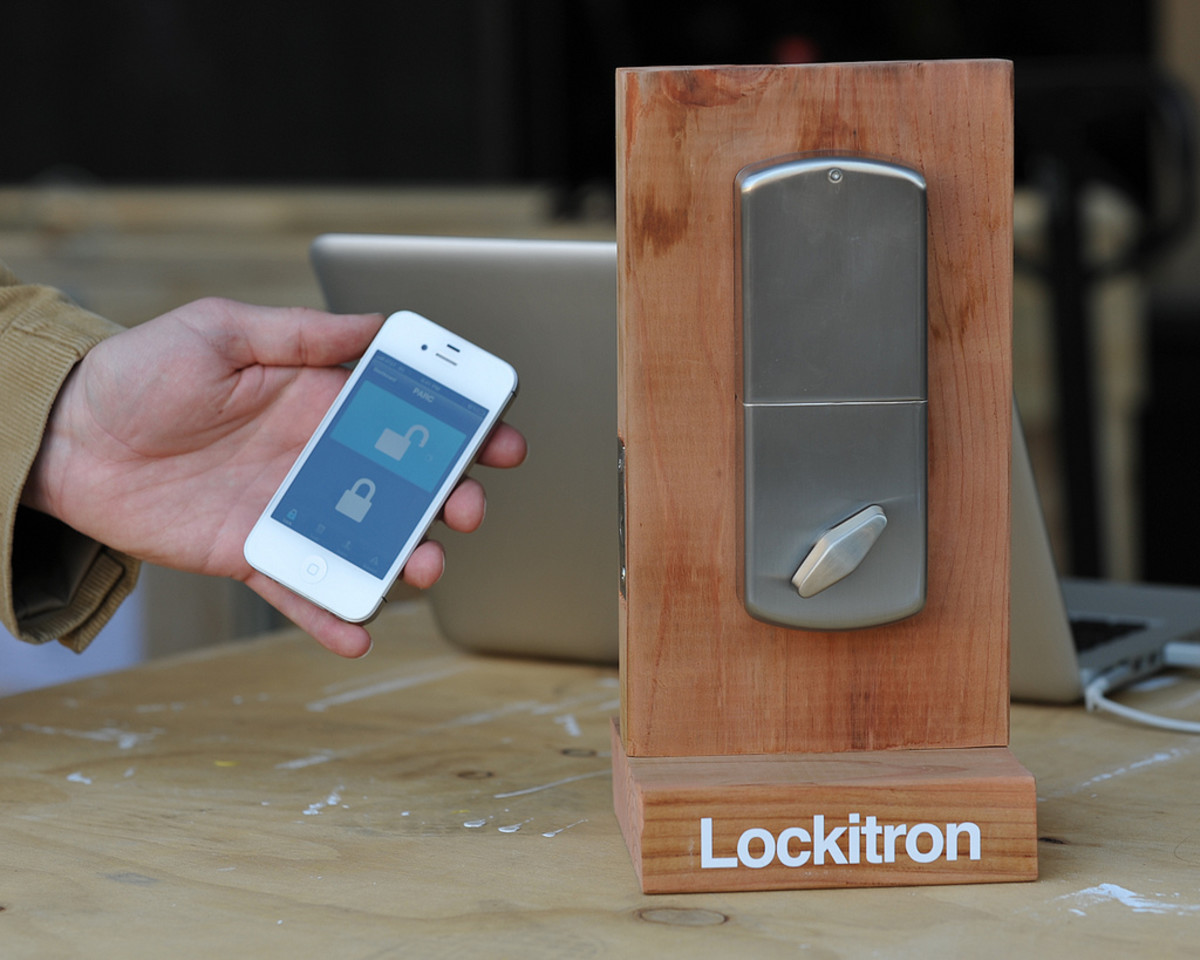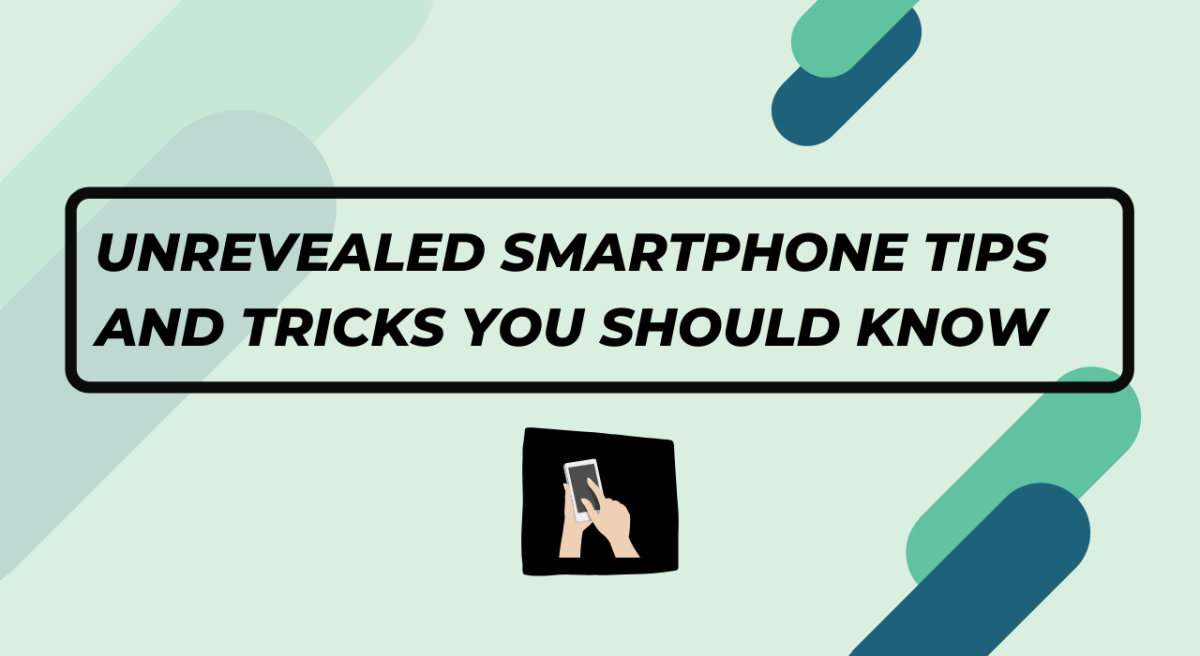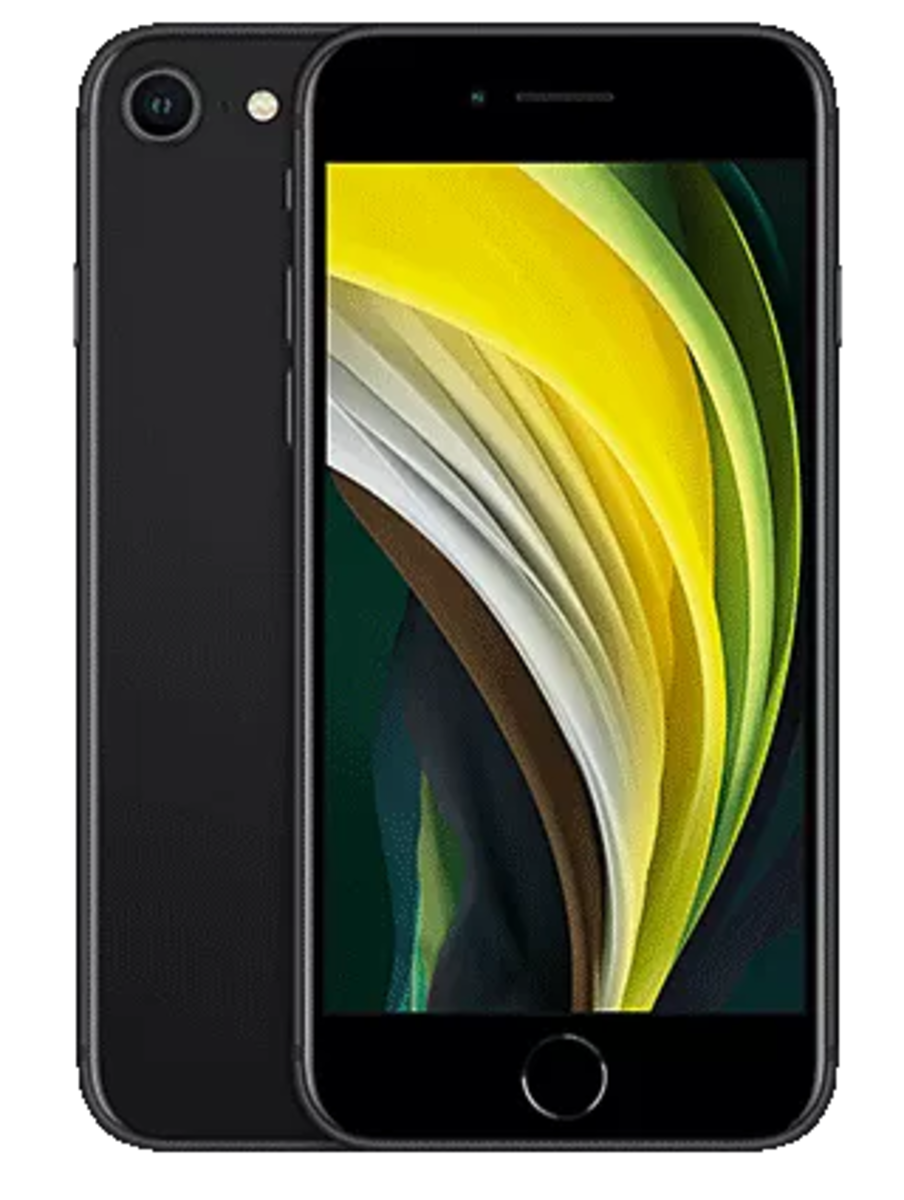- HubPages»
- Technology»
- Communications»
- Smartphones
Will the Future Apple iPhone Be Foldable?

The Future iPhone Will Roll Like Paper
Can it be possible?
Could you roll up your Apple iPhone like a newspaper and stuff it anywhere you want?
Yes, yes you can...
Although we're a couple years removed from the folding iPhone, the technology is quickly catching up with rumors that the bendable OLED smartphone will begin with the iPhone in the early 2020s.
If you don't believe this is possible, then take a look at the rollable LG TV displayed at the Consumer Electronics Show in early 2019. In a few years this state-of-the-art exhibit will envelop laptops, televisions, and smartphones.
Why Is OLED So Flexible?
OLED, which stands for organic light emitting diodes takes the LED standard and uses organic compounds to emit light (through electricity) to generate brilliant, thin, and high-contrast color panels.
It gets more technical than that but the most important thing you, the consumer, needs to know is that OLED produces images that are breathtaking. The colors are bold with absolute blacks achieved on screen because there's no backlight like on a LCD display.
This allows for very thin and light-weight screens that give you the desired image without the bulk. With this technology blooms the potential to develop ways to manipulate the picture that'll eventually lead to flexible products.
So far television screens are the easiest to manipulate because objects like smartphones rely on active-matrix or AMOLED screens (Samsung) or even worse a TFT-LCT display full of materials that are difficult to ruse around, but eventually they will also be transformed.
The First Step Toward Foldable Phones
Apple will keep upgrading their phone annually with a better processor, more efficient camera, and an increase in overall quality, but the biggest conversation will always be design.
The company wants to make their smartphones thinner and lighter, which is why removing the headphone jack in the iPhone 7 made perfect sense. It was drastic at the time but it's about time Apple step things up given their iPhone sales slowdown towards the end of 2018 and 2019.
Apple also embraced their Bluetooth AirPods during this transition, which became a whole new category of products for them.
The iPhone 7 made a splash against the Galaxy S7 and S7 Edge because it did something that Samsung wasn't willing to yet, and it's why I believe their future foldables will be better received.
Samsung vs Apple
Samsung had worked on a patented flexible phone prototype for years and they finally unveiled it in early 2019, but it proved to be a misstep.
There's still hope though and if Samsung continues to further their ideas before Apple does (5G, foldables) then they'll win the smartphone wars. There has never been anything more revolutionary in the display field than this, and it'll change mobile phones forever.
That's why Apple dove in gradually with OLED displays just recently introduced with their iPhone X series. The idea of an entirely rollable smartphone may take several additional years, but we should never doubt their innovation and ingenious ideas.
Samsung is presently ahead of the pack with their curved Edge phones and dual screen Galaxy Fold & Fold 2, but Apple knows how to take a brilliant concept and package it for their buyers.
I think in the end Apple will take the win over Samsung in the architecture category.
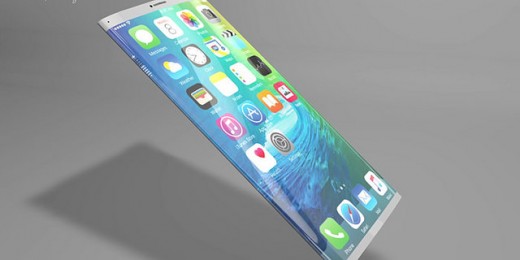
Benefits of Flexible Smartphones
Why do we want to have a flexible smartphone and is there a point?
There are skeptics who feel that a bendable display serves no purpose other than novelty, but I strongly disagree.
What is your biggest fear when owning an mobile device beyond poor service?
I know mine is durability and cost, which go hand-in-hand if you think about it. You want your phone to last, you don't want it to crack, and you don't want it to get destroyed. A flexible display would incorporate various plastic materials that'll be more durable than glass screens.
It'll also allow the phone to be much lighter and thinner so you don't have to worry about breakage or wear and tear.
A rollable display also allows for even easier portability and creative functionality. From a design standpoint, it can enable a creation of new phone shapes and internal applications that would never be possible with a standard mobile device.
Even if this technology doesn't offer immense practicality, it would still set a futuristic precedent that no smartphone has ever witnessed.
That alone makes a flexible display worth it.
Top Challenges of Foldable Smartphones
One of the biggest challenges in creating flexible displays is the cost of manufacturing and production.
When this technology becomes available and is introduced onto smartphones, then you can expect the initial price of said phone to be very high to the point where it's out of reach for most consumers.
7 Problems With Foldable Phones That Can Not Be Ignored
Of course that's nothing new when something revolutionary is generated, but it'll take time before costs begin to decline.
The other disadvantage is developing the device.
The components of a smartphone are going to be very difficult to maneuver when incorporating a flexible display. The batteries would have to be redesigned to match the curved screen along with new plastic/glass materials that can function within the innards of the phone.
Such a costly and lengthy process is why the Galaxy Fold was the costliest Sasmung phone by a significant margin. There's no other way around it if Apple wants to make this happen.
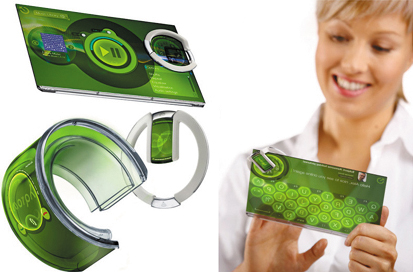
The Future of the iPhone
We've already mastered the smartphone, but there's always something out-of-the-box that creators want to introduce.
So what's the next step?
Well several theories are that smartphones will only get more powerful, be entirely flexible (rollable), and introduce stunning concepts like texting by thinking through sensor/visor technology when the fifth generation of mobile telecommunications (5G) matures.
Although maybe everyone is rushing things a tad, but I digress.
Regardless of speed we're living in an exciting time, and the future is brimming with possibilities. The speed of innovation is moving so rapidly that OLED displays are already considered to be old news while the next, big thing is presently in the works.
But if you're not ready for science fiction, then you can have a taste of scientific fact when a future iPhone rolls out with their most ingenious design yet.
The OLED bendable smartphones are almost here, are you ready?

